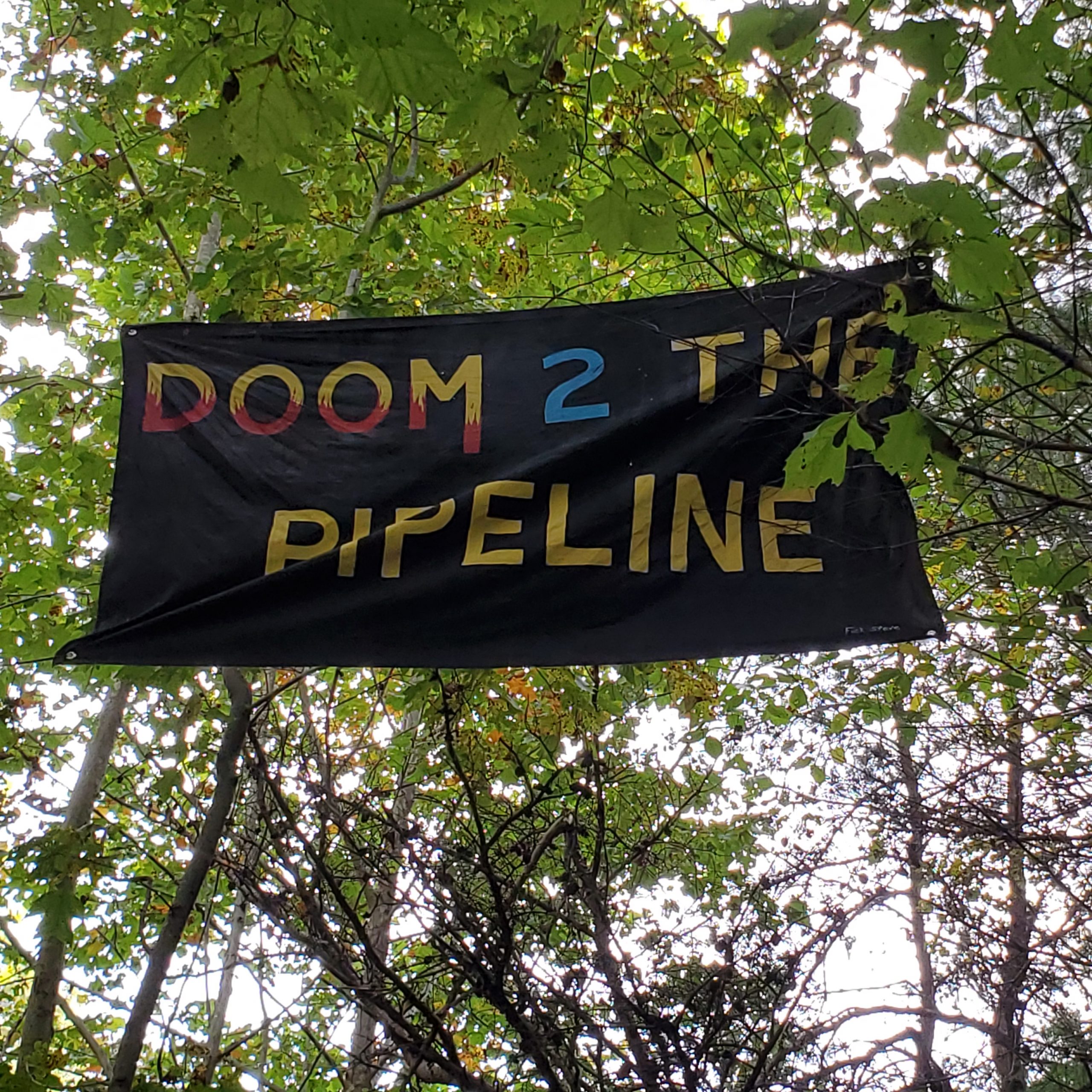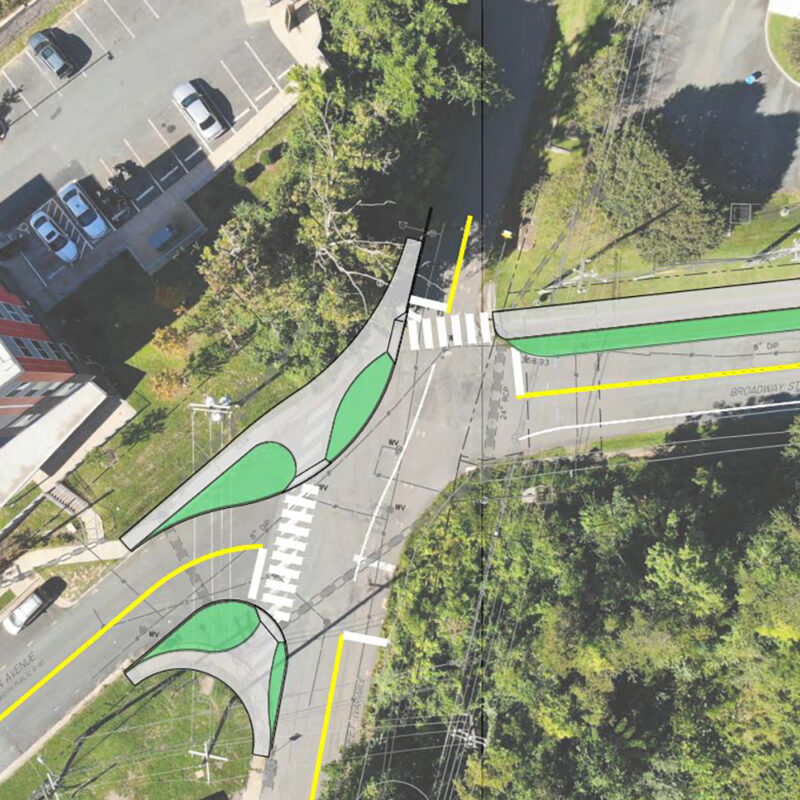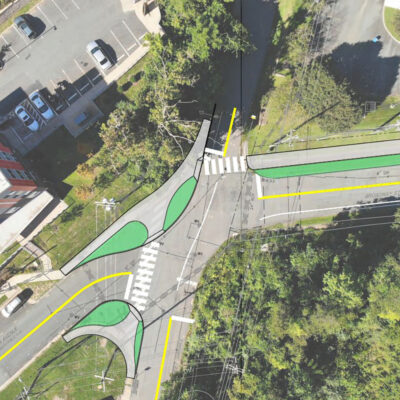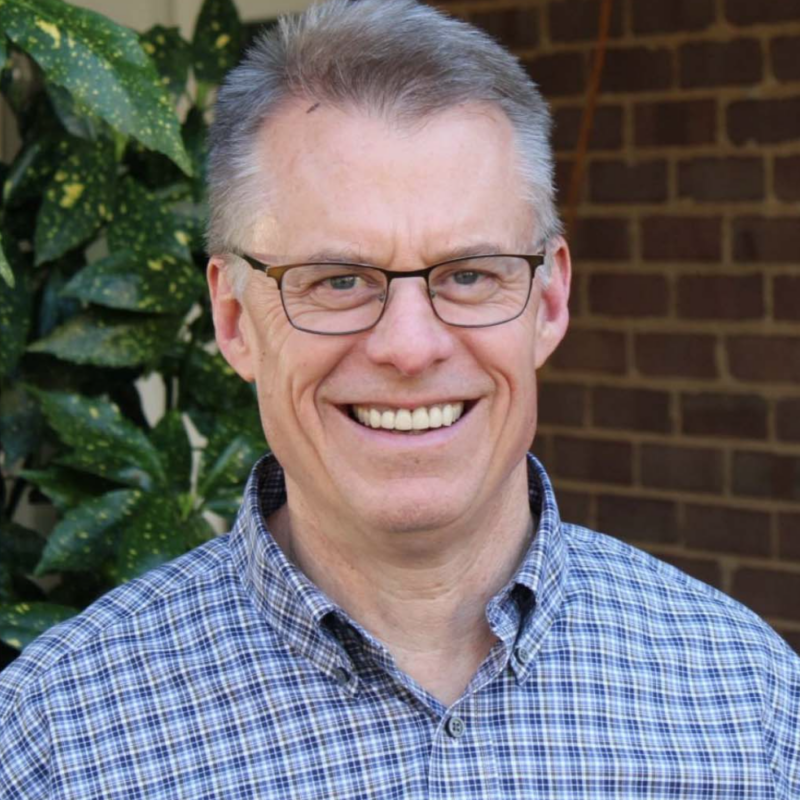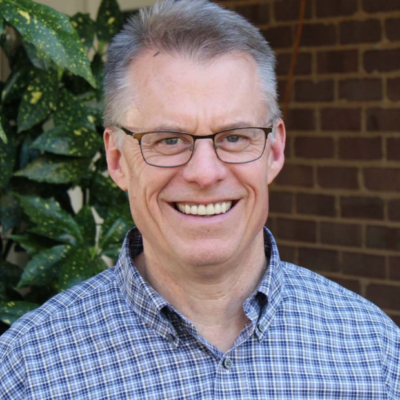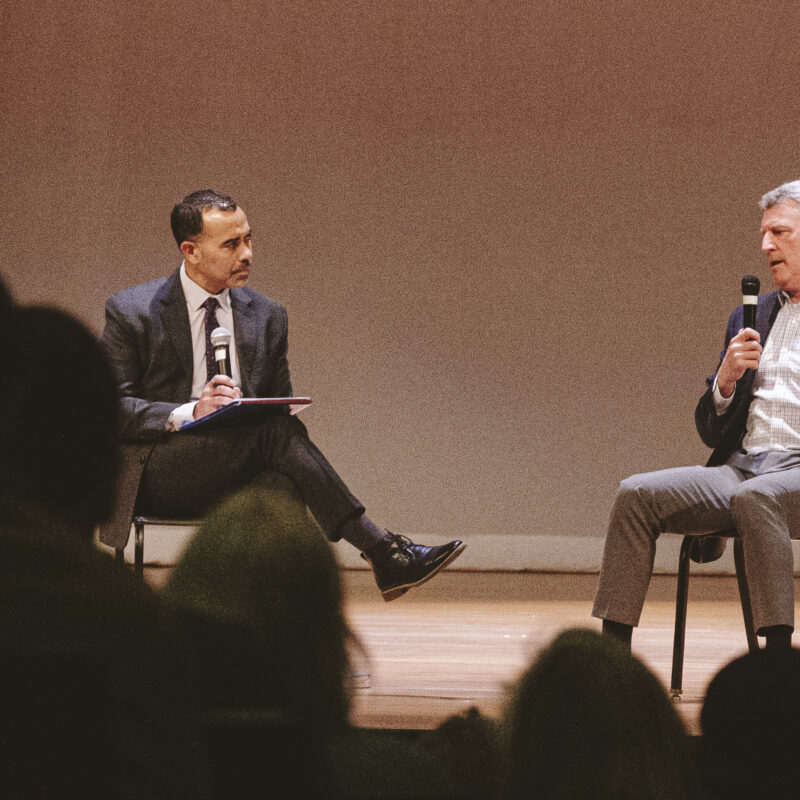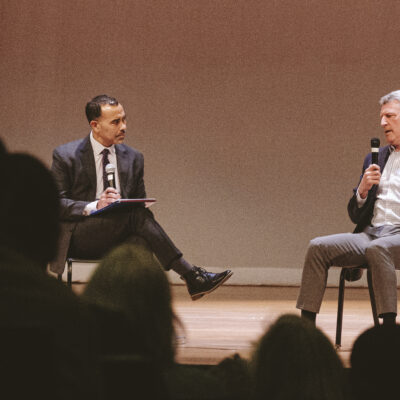Environmental activists celebrated last summer when Dominion Energy announced it was canceling the Atlantic Coast Pipeline, which would have brought natural gas 600 miles from West Virginia to North Carolina, crossing right through central Virginia and disrupting a historically Black community in rural Buckingham County. Activists have since turned their focus to the many other environmental issues across the state, from the controversial Mountain Valley Pipeline in western Virginia to rising sea levels in Hampton Roads.
Last week, state legislators learned more about the importance of addressing such issues through an equity lens at the first-ever Virginia Environmental Justice Retreat, hosted by the Climate Equity Work Group. Founded in 2019, the organization—composed of representatives from activist groups Appalachian Voices, New Virginia Majority, Progress Virginia, Chesapeake Climate Action Network, Virginia Interfaith Power & Light, and Virginia Organizing—advocates for environmental reforms with a strong focus on racial and economic justice in Virginia.
The two-day virtual retreat featured a dozen speakers, including activists, lawyers, scientists, and more. Thirteen legislators were in attendance, including state Senator Creigh Deeds, who represents Charlottesville and part of Albemarle County.
“Our goal was to meet with, convene with, co-learn, collaborate, and have shared dialogue with our state leaders who have been clearly supportive on these issues in the General Assembly, [and] in their districts,” says Tyneshia Griffin, environmental policy research analyst for New Virginia Majority, a progressive legislation advocacy group. “We really wanted to come together with them, and go a little bit deeper on these issues, so we work from the same foundation and values.”
“This was a way [legislators] could take a bird’s eye view of their work, and why it’s so important they center climate and environmental justice,” adds Faith Harris, co-director of Virginia Interfaith Power & Light, which encourages religious communities to adopt sustainable living practices. “They can accomplish most of their environmental goals by centering climate and environmental justice.”
The retreat focused on the equity issues that come with transitioning to renewable energy, like wind and solar, and the communities often left behind, such as coal miners.
“There needs to be thought and expertise given to how we make that move without bringing harm to those communities that have been based in the fossil fuel industry,” says Harris. “How do we retrain people, recreate services, and rebuild communities based on the loss of the fossil fuel industry?”
Speakers also highlighted a new environmental-justice mapping tool, commissioned by the Virginia Environmental Justice Collaborative, which identifies communities in Virginia that face a disproportionate pollution burden, and therefore could require strategic investment and resources. According to the tool, parts of Charlottesville have a high pollution burden, including Ridge Street, Cherry Avenue, and Greenbrier Drive.
“It was great to learn there are tools that can actually map out communities,” says state Delegate Sam Rasoul, who also attended the retreat. “There are related policies that will hopefully be able to be crafted with all of that in mind. As we’re developing the communities of the future, we need to ensure we have these tools at our disposal.”
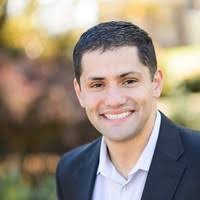
“Any environmental plan must be environmentally just, in a sense that it must be socially just, and racially and economically uplift communities,” he adds. “We must have these conversations in an intersectional way.”
Throughout the retreat, speakers emphasized how environmental issues around the state intersect with ongoing efforts to improve equity in the state. For instance, the transition to electric cars must coincide with a drastic improvement in public transportation, particularly for low-wealth communities that cannot yet afford electric cars.
“In trying to think through what their priorities ought to be, [politicians] hear these as separate issues,” says Harris. “What we’re trying to do is help them see from a larger framework that they’re all connected.”
The Climate Equity Work Group hopes to host the retreat annually, and feature more speakers and legislators next year.
“I hope that we will be able to take what we learned and really integrate it into our policies,” says Rasoul. “It’s not just enough to advocate for renewable energy—we have to be more holistic in our approach and make sure that environmental and intersectional justice is front and center.”
“I took away a sense of hope about what’s possible for Virginia, and ultimately for our planet,” says Harris. “What we do here has a long reaching impact.”
